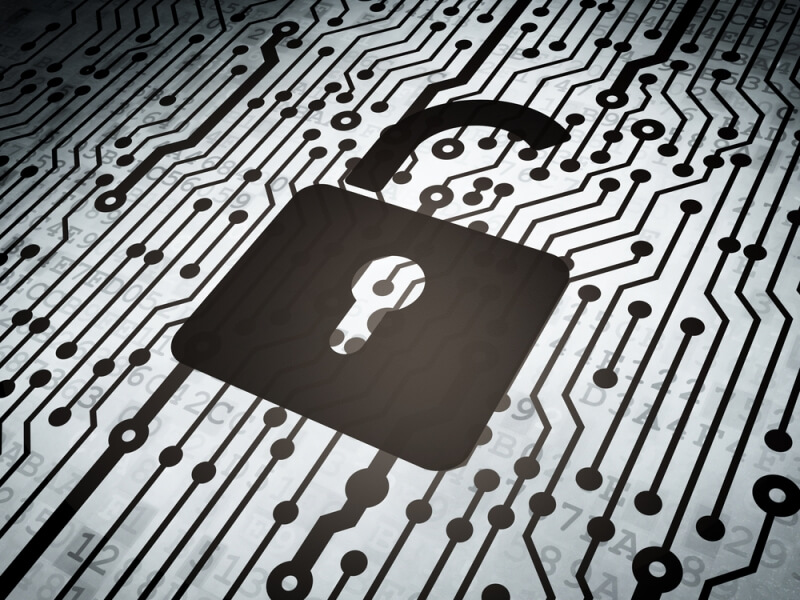As is so often the case in the aftermath of such incidents, the London terror attack last Wednesday has led to renewed calls by politicians for law enforcement to have backdoor access to encrypted messaging services such as WhatsApp.
Khalid Masood, who killed four people in Westminster, reportedly connected to WhatsApp not long before the attack took place, though it's unclear whether he sent any messages.
Speaking on BBC One's Andrew Marr show, UK Home Secretary Amber Rudd said: "We need to make sure that organizations like WhatsApp, and there are plenty of others like that, don't provide a secret place for terrorists to communicate with each other."
"It used to be that people would steam open envelopes or just listen in on phones when they wanted to find out what people were doing, legally, through warranty," she said "But on this situation we need to make sure that our intelligence services have the ability to get into situations like encrypted WhatsApp."
Facebook-owned WhatsApp finished its rollout of end-to-end encryption in April last year. It followed Apple's battle with the FBI over the San Bernardino shooter's iPhone, which resulted in the government agency reportedly handing over $1.3 million to professional gray hat hackers, who unlocked the handset using a zero-day exploit.
Most people, including Tim Cook, disagree with the idea of governments having backdoor access to our communications, but Rudd called on the Apple CEO directly to do something about the issue: "I would ask Tim Cook to think again about other ways of helping us work out how we can get into the situations like WhatsApp on the Apple phone."
The Home Secretary is set to meet with technology firms this week. While the setting up of an industry board to tackle online hate speech, propaganda, and recruitment will be the main topic on the agenda, the subject of backdoor access to encrypted services will also be discussed.
Rudd isn't calling for a total ban on encryption. She told Sky News: "End-to-end encryption has a place. Cybersecurity is really important and getting it wrong costs the economy and costs people money, so I support end-to-end encryption."
WhatsApp said it was "horrified at the attack" and was co-operating with the investigation.
In the wake of the 2015 Paris attacks, a number of governments and intelligence agencies around the world called for weakened encryption or backdoor access. The Information Technology Industry Council issued a statement opposing such actions.
